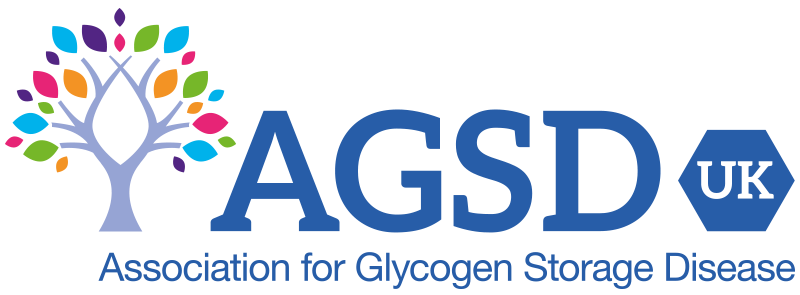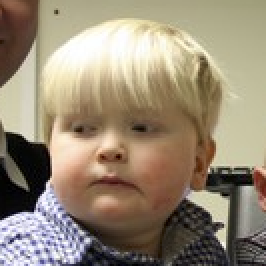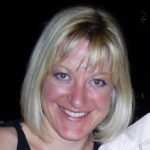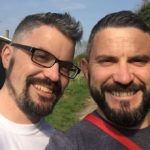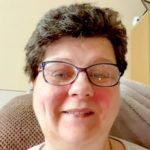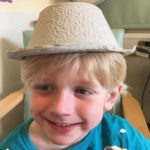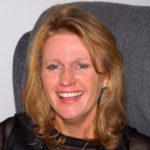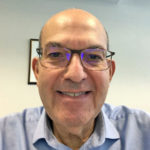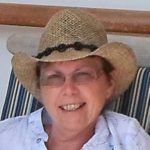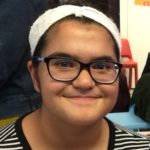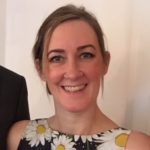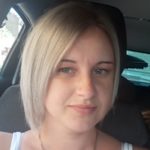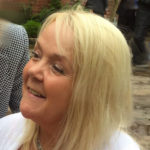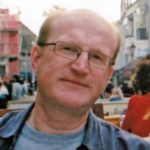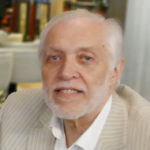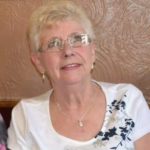Our son Jae was only a toddler when we started taking him to our GP. Our family is from Conisborough, South Yorkshire, and Jae’s health problems were noted by Specialist Registrar Dr Charles Amobi at Doncaster Royal Infirmary. Dr Amobi assessed Jae in a review clinic and noted his swollen abdomen and liver. He thought Jae could have Glycogen Storage Disease, so referred him for further investigations with the metabolics team at Sheffield Children’s Hospital.
Next Generation Sequencing
Jae’s blood was genetically screened using the Next Generation Sequencing (NGS) equipment in Sheffield. This provides a faster diagnosis for rare and inherited diseases. The technology allows experts to screen up to 100 genes at once for mutations that may cause the disease, instead of one at a time. It means that tests can be returned in a matter of weeks instead of the previous system which involved genes being tested sequentially and could take up to a year for a result. Jae was one of the first patients to be diagnosed using this technology in Sheffield.
Diagnosis and treatment
GSD is a serious, but treatable metabolic disorder that can be caused by gene mutations that affect different tissues: the liver, muscles or the heart. Jae was identified as having GSD9a at the age of two and was treated by changes to his diet, including regular feeds of cornflour to stabilise his blood sugar levels. We have learned how to manage his complex condition through medication and careful diet control. By his teens, we hope that Jae may have grown out of the condition.
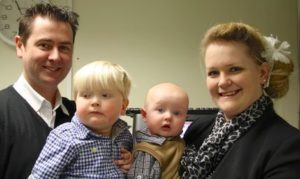
Jae and his family.
Having the diagnosis has already made a difference to Jae and to our family life. It also made it much easier when it came to testing other members of our family. We have a younger son who is all clear and a daughter who could be a carrier. The children are especially helpful and caring, they appreciate how GSD can affect the family’s life.
It is great that many other families are now benefitting from having access to this NGS technology for a quick diagnosis.
Now helping others
Jae’s father Dan is now the AGSD-UK’s coordinator for GSD9. Other families can contact him for support. He doesn’t have all the answers, but does understand the challenges. He also attends the coordinators meetings once or twice per year and goes to the conference where he helps to present the speakers.
Our most important piece of advice is to learn as much as you can about your child’s condition. You will speak to many general practitioners and other medical staff who will not have experienced the complexities of GSD before, you need to be your own advocate.
Jennifer Machin, Jae’s mum
